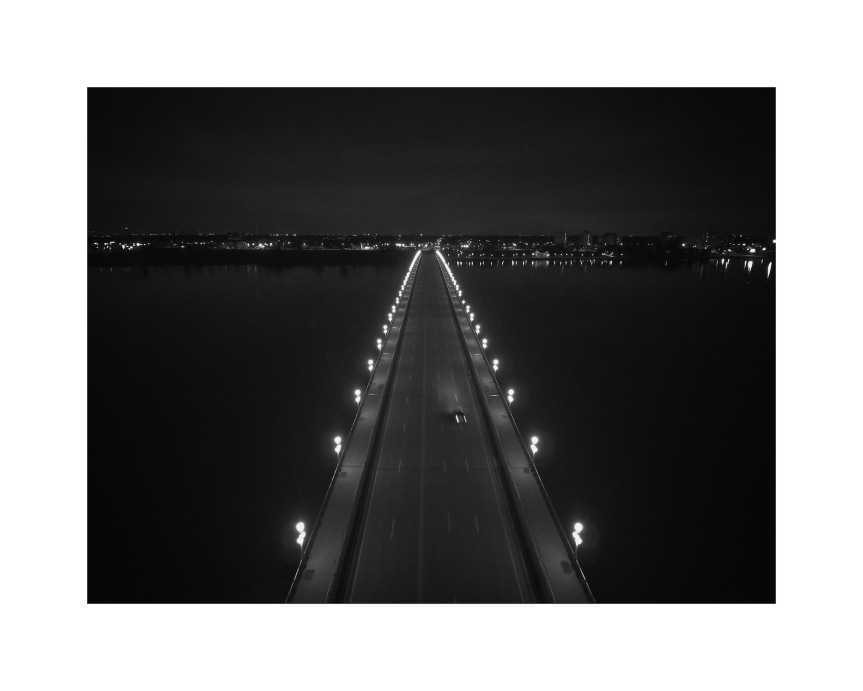Ever watch this guy shoot a series of ridiculously high pressure 25 footers and conclude that he is simply the human equivalent of a video game cheat code? With roughly 4,000 NBA players over the last 50 years, why has there never been a Steph Curry before now? Because of an astronomical basketball EQ, incredible natural talent, AND a world class training regimen, you and I could practice in an NBA gym every day for the next 50 years and never scratch the consistency and success of #30. But, does that mean that, with time and effort, you couldn’t establish your own level of awesome? Could you go from, say, a 5% 3-point shooter in an empty gym to a 50% shot? Could you also improve your shooting percentage under pressure? Maybe. But what does that have to do with photography?

Under the right circumstances, almost anyone can take a good photo. In fact, humans aside, it’s been well established that even Google Street View and Celebes crested macaques will occasionally get the shot right. But what is the secret to consistency? Why do some photographers seem to pump out an endless stream of creative, technically perfect and emotionally resonant photographs while others routinely struggle to string together more than one or two decent images? Ultimately, what is the secret to success as a photgrapher? Do we need more practice?
For the answer, consider a widely misinterpreted theory originally put forth by author Malcolm Gladwell in the book, Outliers. Gladwell posits that the key to mastery of a given craft is dedicating 10,000 hours to practice. This theory is often referenced on photography blogs as a secret to success. And make no mistake, practice of any sort in photography can have a lasting impact on one’s career. But how much? Interestingly, though not surprisingly, science had something to say about that. A Princeton study found that “deliberate practice is important, but not as important as has been argued.” More specifically, the study found that “deliberate practice explained 26% of the variance for performance in games, 21% for music, 18% for sports, 4% for education, and (wait for it) less than 1% for professions”. So if practice alone won’t cut it, how does a photographer estabish consistently high quality work and become and outlier?
After reading Outliers and before reading this Business Insider article challenging the sloppier interpretations of Gladwell’s 10,000 Hour Rule, I had a chance to listen to an Audible of Frans Johansson’s The Click Moment. In short, Johansson made a reasonable counterclaim that success is not guranteed simply because of repetition, particularly in activities that are not as highly structured as, say, chess. Rather, Johansson suggests that randomness, chance and serendipity – which many successful people would vehemently deny – plays a large role in creating what the author calls “click moments”, when everything just comes together. So, you don’t need 10,000 hours, you only need one night. Right?
The logical conclusion is that the answer to consistently high quality work and success in photography lies somewhere between Gladwell’s 10,000 hours and Pharrell’s Johansson’s “click moment.” Deliberate practice – taking the time to learn your gear (hardware and software) and developing a workflow will make you more efficient and effective at getting the kinds of images you want on a consistent basis. Knowing exactly how one’s tools work and how to exploit their limitations liberates a photographer even more creatively, and one can go from having body of work with a smattering of haphazardly decent images here and there to a reputation as a dependably effective craftsperson.
The reality, however, is that craftsmanship and success are mutually exclusive in the immensly subjective world of photography – having one does not guarantee having the other. Contrary to the musings of the inimitable Allen Iverson, we are indeed talking about practice if the goal is merely craftsmanship. But the ever elusive key to “success” as a photographer depends on how you define it. Having a decent reputation and some reasonable (sometimes questionable) skill and clarity of creative vision are quite enough for me to stay motivated with my photography and feel that I am continuing to both learn and grow. Of course, receiving recognition, shows, clients, sales, etc. – all are perfectly desirable outcomes as well. But, realizing none of us can ever guarantee that any of the social or financial measures of success will come our way, there’s nothing wrong with grinding/hustling/looking for one’s personal “click moment”. Or, trying to become the next Steph Curry.


You must be logged in to post a comment.